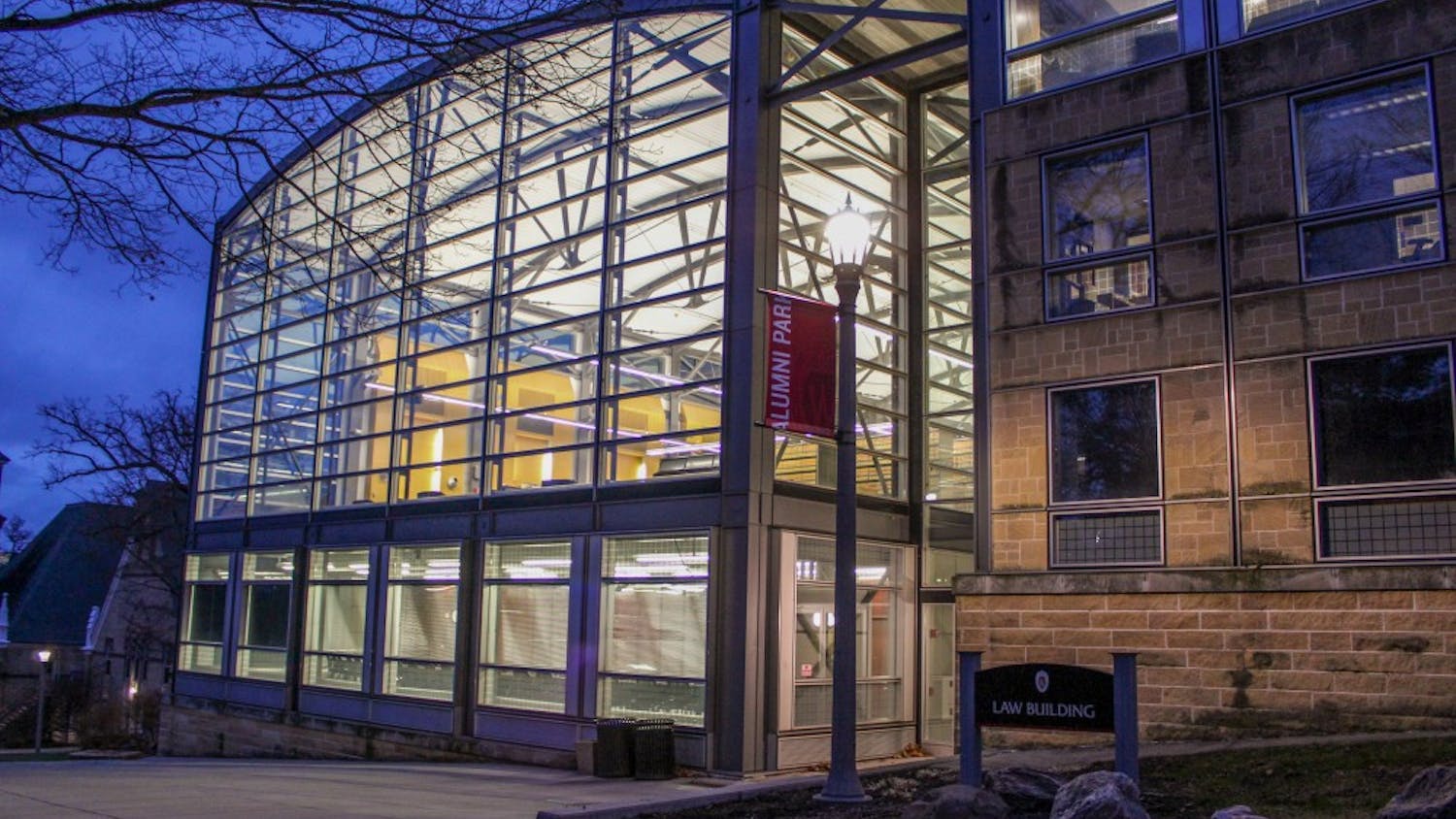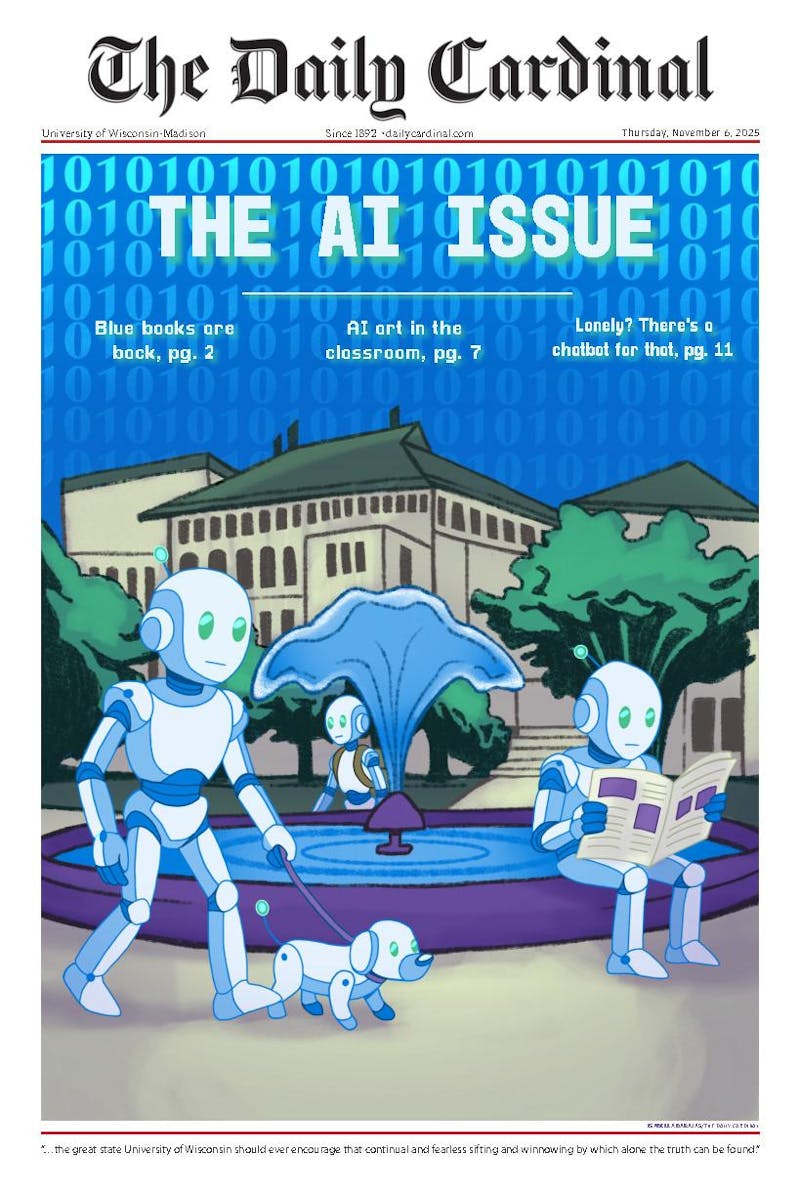A global, central institution whose mission is to solve all world conflicts peacefully is the formal answer to how to obtain a new world order, according to Roland Koch.
Minister president, or governor, of the German State of Hessen, Wisconsin's sister state, Koch proposed his theory of a new world order and ideas for improved U.S.-European relations Monday at the Pyle Center.
\Talking about a new world order means that there's a need for something new,"" Koch said.
Koch said he questioned the efficiency and stability of the present world order, with the United States leading as the superpower, and the abundance of transatlantic access in contrast with limited European access.
He also said he supports the concepts of the United Nations and NATO, but wishes they would broaden and unite to become a reformed, global political system.
""We can only find the solution [to a new world order] when we have powerful, united interests of regions,"" Koch said.
It is extremely difficult to bring European regional interests of separate, autonomous states together in one unified system without allowing a superpower to ""dominate everything,"" said Koch. From a worldwide perspective, this process of unification versus checks and balances is never-ending, he stressed.
""In the regions, there must be an agreement that they can solve their own problems and they do not need, in every situation where they're having trouble, the assistance of a world police,"" Koch said.
Rather than allowing one country's military efforts or a world policing system to establish world order, Koch proposed the idea of Europe ""establishing a climate of corporation that allows [its] regions to explore their own economic identities.""
However, according to Koch, this self-government and newfound entrepreneurship would not come without dramatic changes.
""Our American friends will have to take into consideration that this new Europe of the future will make its own decisions,"" Koch said.
UW-Madison students said they appreciated Koch's political outlooks and ideas.
""He gave alternate visions of what international alliances could be,"" UW-Madison junior Rodrigo Adem said. ""Regions are able to have their own identities, while still maintaining the unity he spoke of.""
UW-Madison sophomore Andrew Kushner said he felt Koch's politics were conscientious and convincing.
""He is a consummate politician,"" Kushner said. ""I felt like he was talking right to me.""





